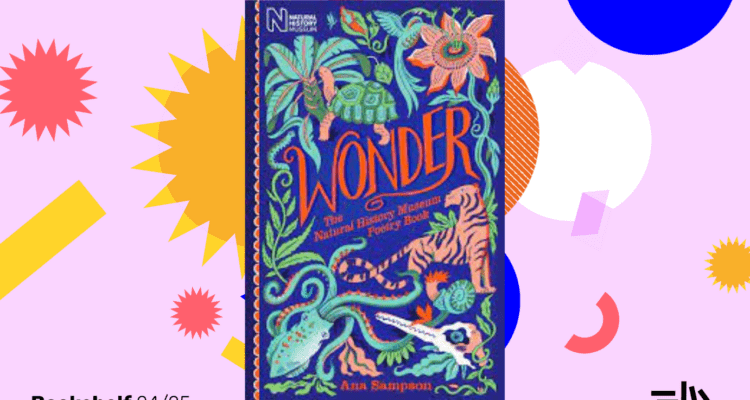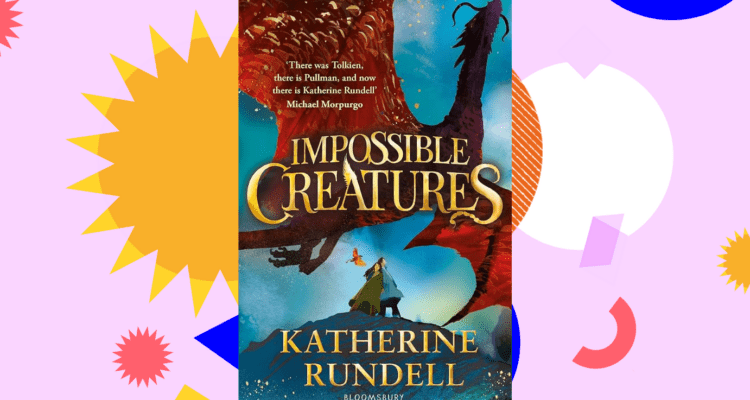The Reader Gets Angry Part Two
Some Reader Online readers may remember this article by Gabriella Gruder-Poni, ‘Scenes from a PGCE’ (which was published in part in The Reader 35), in which, well, she got quite angry. In The Reader 42, we published part of an essay in which someone else got really quite angry and now we're giving it you in full for you to read. Richard Searby, Head of English at London’s Mill Hill School, argues that assessment objectives at GCSE and A level are damaging our brightest students of English Literature as well as the subject itself:
In early December I attended a conference in London run by the Princes Teaching Institute. We were spending the day considering the vital interface of literature and history. The Institute itself was established in part to affirm traditional teaching methods in a number of subjects, including English Literature, and it represents a kind of haven for hard-pressed school teachers to take a day out of their classrooms and mix with expert academics in their fields in order to share ideas. The lectures were enriching and the seminars full of stimulating discussion, with all of us able to test out our ideas and garner those of others. What was particularly striking and enjoyable was the free range of thought encouraged; intellectual tangents were commonplace and led to some intriguing destinations.
However, A level and GCSE students of English Literature now rarely enjoy such a style of learning. The nature of how our subject is taught and assessed has been changing radically in the last few years, and very much for the worse. Students are not encouraged, as we were at the conference, to explore the quirky or the unusual in their A level set texts, let alone at GCSE, at which early stage so much of the damage I will describe is done. The introduction of Curriculum 2000 (in the same year) brought with it the enactment of ‘Assessment Objectives’* and a new, more reductive way of teaching and examining literary study. In one of the seminars a Cambridge don was asked his view of assessment objectives at A level. He looked puzzled, and then had to ask exactly what the questioner was referring to. A brief explanation was offered, to which the noble professor crisply denounced the very idea of such examining methodology as ‘counter-educational’.
And so, of course, it is. But whilst agreeing wholeheartedly with his view, nonetheless it disturbed me that a leading academic in one of our top two universities could be so apparently unaware of what has been happening to our subject in schools. I’ve heard of ivory towers, but this seemed ridiculous. It isn’t as though this issue is new and hasn’t been discussed widely in the media...
Share
Related Articles

The Storybarn Selects… From The Reader Bookshelf
The Reader Bookshelf is a carefully curated collection of literature for adults and children, exploring a different theme each year,…

The Storybarn Selects… From The Reader Bookshelf
The Reader Bookshelf 2024 is a carefully curated collection of literature for adults and children, exploring a different theme each year, this…

Every child to receive free signed copy of top author Sophy Henn’s brand-new book at Wirral Borough of Culture 2024 schools’ event
Award-winning children's author illustrator Sophy Henn is bringing her “hilarious” new graphic novel to life at an extra special event…


